PARSEC Alert System
- 1Astronomical Observatory Institute, Faculty of Physics, Adam Mickiewicz University
- 2Universidad del Pais Vasco/Euskal Herriko Unibertsitatea, Bilbao, Spain
- 3Space Research Institute, Austrian Academy od Sciences, Graz, Austria
- 4University of Edinburgh, UK
- 5Vilnius University, Vilnius, Lithuania
We present PlAnetaRy SciencE Collaboration tool (PARSEC), a service for coordinating the Solar System observations for observers and researchers. Parsec contains observational campaign coordination tool with alert system and email notifications. The service can be found at www.parsec-europlanet.eu.
In the framework of the Europlanet-2024-RI project we are developping a generalized Alert System for observations, which will notify and allow participating observatories to select appropriate targets across the diverse range of planetary science topics. This will provide both regular monitoring of targets and alerts for events requiring time-critical and/or spatially distributed observations (e.g. stellar occultations by asteroids). The service will be based on the existing alert system software created to coordinate amateur observations of asteroids in support of the ESA Gaia mission (Gaia-GOSA, www.gaiagosa.eu, Santana-Ros et al., 2016).
We have chosen a toolset for the service development: PARSEC (PlAnetaRy SciencE Collaboration tool) which is a webapp created in Python, Flask and bootstrap frameworks with additional C++ code and postgresql database. The main features were programmed, thereby enabling request views on the main page, request filtering by observation date, target category, ownership, campaign view, and a notification system. The user can also establish preferences for notifications and follow requests/campaigns. In the „Requests” view there is the possibility of adding, editing, deleting, commenting the observational needs. Similarly, in „Campaigns” the user can start and coordinate observing campaigns of objects or events. In addition, observational alerts on topics related to planetary atmospheres are announced at the PVOL database (http://pvol2.ehu.eus/pvol2/) including in some cases detailed observation ephemeris and links to relevant campaigns around each alert. The service is currently under developmend, and testing by users is strongly recommended. The service can be found at www.parsec-europlanet.eu.
Santana-Ros T., Marciniak A., Bartczak P., 2016, “Gaia-GOSA: A Collaborative Service for Asteroid Observers”,MPBull, 43, 205
How to cite: Podlewska-Gaca, E., Langner, K., Wilawer, E., Bartczak, P., Garate Lopez, I., Hueso, R., Kargl, G., Snodgrass, C., and Tautvaisiene, G.: PARSEC Alert System, Europlanet Science Congress 2022, Granada, Spain, 18–23 Sep 2022, EPSC2022-553, https://doi.org/10.5194/epsc2022-553, 2022.

